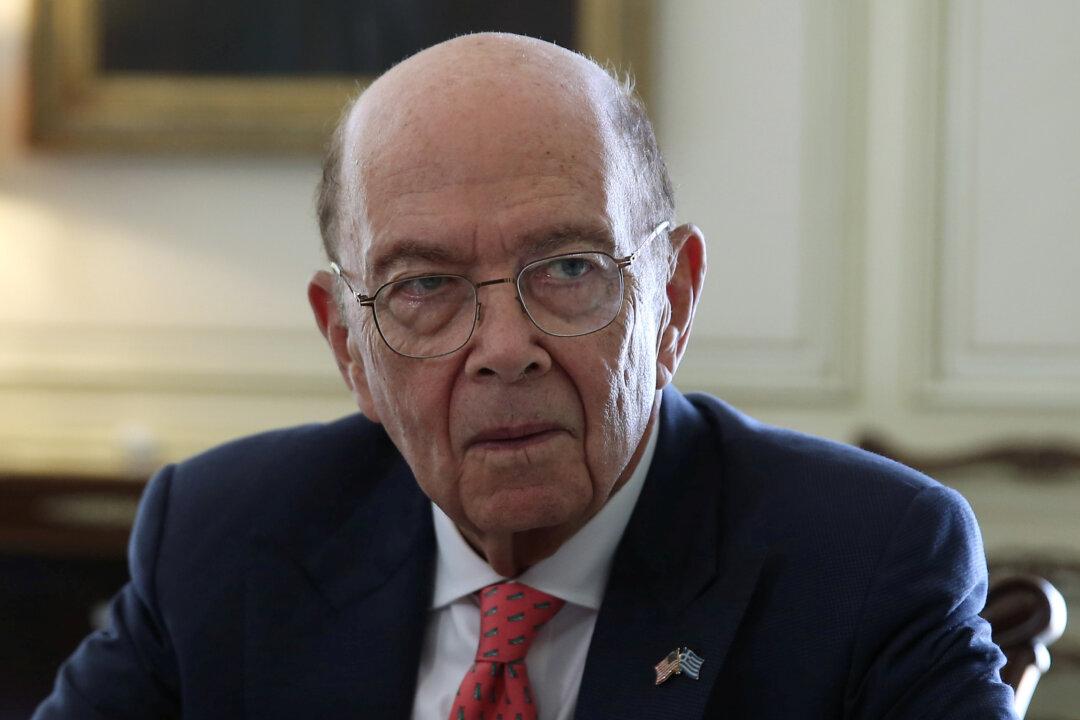U.S. Commerce Secretary Wilbur Ross on Oct. 1 indicated that the Hong Kong protests could impact U.S.-China trade talks set for next week in Washington.
Now in their 17th consecutive week, protests against the Chinese regime’s erosion of Hong Kong’s autonomy have intensified, with widespread violence flaring on Oct. 1, the anniversary of the Chinese Communist Party’s rule over China. During a demonstration, a Hong Kong police officer shot a teenage protester in the chest at close range. It was the first time a demonstrator had been shot during the protests. The 18-year-old is now in critical condition.





